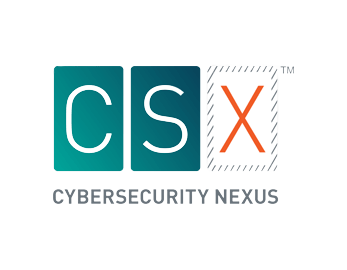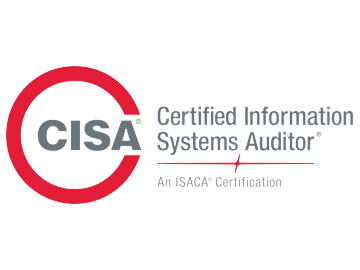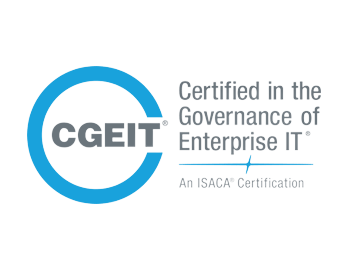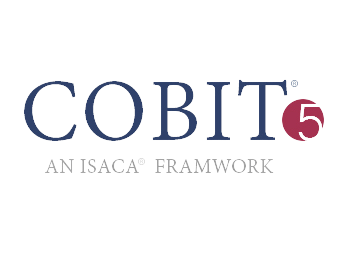The ISACA Certified in Risk and Information Systems Control (CRISC) qualification is awarded to individuals who identify and manage risks through the development, implementation and maintenance of information systems (IS) controls. Launched in 2010, CRISC is internationally recognised and held by over 17,000 IT professionals worldwide.
The CRISC Exam Preparation course is a five days classroom session that provides a comprehensive revision programme for the key job practice knowledge domains, and exam preparation exercises that help delegates pass the exam at the first attempt. Delivered in just five days, this course has been designed to maximise time effectiveness and reduce any unnecessary time away from the office. It has also been shown to be considerably more effective than self-study preparation, which requires more time and commitment.
CRISC propels your career with the CRISC certification, and builds greater understanding of the impact of IT risk and how it relates to your organization. CRISC is the only certification that prepares and enables IT professionals for the unique challenges of IT and enterprise risk management, and positions them to become strategic partners to the enterprise.
Our unique study programme includes:
Instructor will review the information associated with the following CRISC job practice domains:
Identify, assess and evaluate risk to enable the execution of the enterprise risk management strategy. Task Statements:
Develop and implement risk responses to ensure that risk factors and events are addressed in a cost-effective manner and in line with business objectives. Task Statements:
Monitor risk and communicate information to the relevant stakeholders to ensure the continued effectiveness of the enterprise’s risk management strategy. Task Statements:
Design and implement information systems controls in alignment with the organization’s risk appetite and tolerance levels to support business objectives. Task Statements:
The CRISC exam is not included in this training course and candidates must book their Computer-Based Testing (CBT) exam session directly with ISACA. Our experience shows that delegates have the highest chance of success if they sit the exam approximately two to four weeks after completing the training course.
This course is designed for IT professionals preparing to take the ISACA Certified in Risk and Information Systems Control (CRISC) examination via a Computer-Based Testing (CBT) session which is available during three testing windows per year Candidates who pass the exam and have at least three years of relevant work experience will be awarded the CRISC qualification. For more information, please see How to Become CRISC Certified on the ISACA website.
While there are no mandatory requirements to attend this course, please be aware that this is an exam preparation course and all attendees are expected to have a basic understanding of the CRISC job practice knowledge domains.
Minimum 5 Days Training
Maximum 2 Months (Every Saturday or Sunday)
10 YEARS EXPERIENCE
Please let us know if you prefer a bespoke programme for your business. We take privacy seriously. We simply do not share your information with any third party or do not use information for the purpose other than it has been provided or collected for. The information sent via this form is encrypted and safe. We will contact you as soon as possible regarding the enquiry you have made. Please check your spam email folder, if you do not see our response in email inbox. Thank you.

ISACA’s® Cybersecurity Nexus ™ is the only one-stop global resource for everything cyber security.

The ISACA Certified Information Systems Auditor (CISA) qualification is the

The ISACA Certified Information Security Manager (CISM) qualification

The ISACA Certified in Risk and Information Systems Control (CRISC) qualification

The ISACA CGEIT qualification is a worldwide symbol of excellence in IT governance

A CSX Practitioner certification demonstrates learner’s ability to serve as a first responder during

Our COBIT 5 Training Programme is designed to support the growing need for skilled and

COBIT 5 Foundation COBIT® 5 is the internationally accepted best-practice framework for IT governance

PCI DSS Compliance Compliance to the Payment Card Industry Data Security Standard (PCI DSS)

PCI DSS Foundation This one day foundation course provides an introduction to the Payment Card Industry